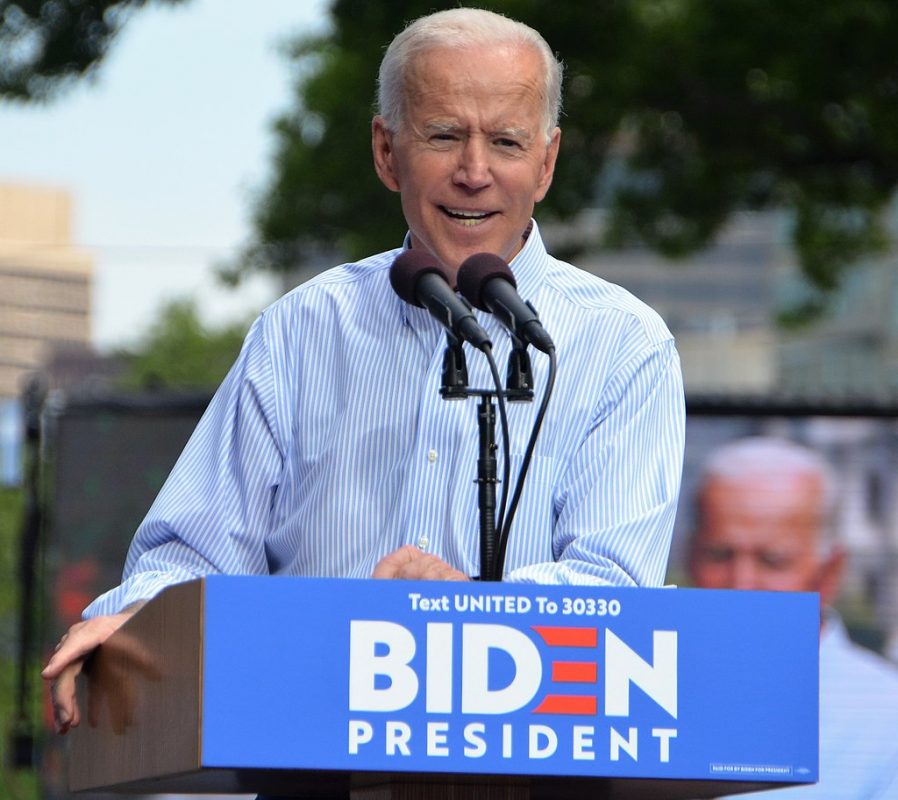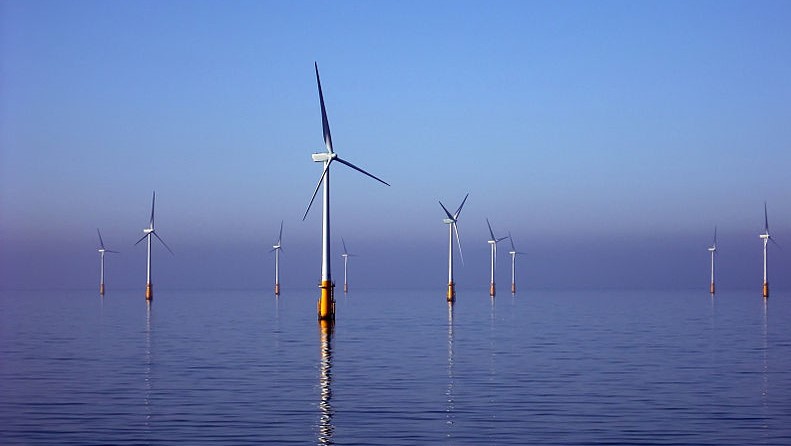Very fabric of rural Ireland under threat from CETA, says leading rural TD

July 26th, 2017
The very fabric of rural Ireland is under threat by the contentious EU-Canada trade deal, with the farming community set to be hit hardest, says leading rural politician.
The Comprehensive Economic and Trade Agreement (CETA) is set to be provisionally applied from September after Canada and the European Union reached an agreement at the recent G20 meeting in Hamburg.
Speaking in the Dail earlier this month, Deputy Willie Penrose, TD said that the farming community will be negatively impacted by the deal through increased competition from industrial-scale Canadian operations.
According to the CSO, the average size of an Irish farm was 32.5 hectares in 2013, compared with 778 acres in Canada in 2011.
“That’s the scale of operator our Irish farmers will be competing against,” Mr Penrose said, adding that a recent Teagasc report found just over one-third of Irish farms to be economically viable. The average farm income was just over €24,000 in 2016, with income on livestock and sheep farms significantly below this.
It was revealed earlier this year that the Department of Jobs Enterprise and Innovation did not carry out a cost benefit analysis prior to supporting the agreement.
Mr Penrose, a Westmeath native, added that CETA will have a “devastating impact” on the “fabric of rural society” supported in large part by the farming community.
The potential pressure to intensify production to match Canadian operations would also impact on biodiversity and tourism, he added.
“The pressure for intensification will alter the character of the landscape and the patchwork system of fields so important to biodiversity & the hundreds of thousands of jobs reliant directly and indirectly on our landscape through our tourism industry,” he said.
Mr Penrose added that there was “no proper debate” in either house of the Oireachtas before the Government agreed to support the Deal.
The Labour Deputy showed his frustration that there was no opportunity to decide “what services and sectors we wished to protect here in Ireland” prior to the conclusion of CETA negotiations last October.
He also warned about the “financial exposure” the state may face due to the addition of the Investor Court Settlement (ICS) provision under CETA.
“When the exchequer gets squeezed – we know how rural Ireland suffers,” he said. “We don’t want another blank cheque for big business which the citizens of this state will have to foot the bill for.”
The ICS system would allow foreign corporations to sue Governments in a special arbitration system where state action impact on companies profitability or expectations of profit.
A number of expert bodies such as the European Association of Judges, the Deutsche Richtebund, ClientEarth and over a hundred law professors have highlighted issues with the legality of ICS which would fall outside of both the Irish and European legal systems.
Last month, a coalition of farming, business, trade union, civil society and environmental groups in Ireland voiced their collective concern about the proposed trade deal.
The coalition said that they are united in opposition to CETA as a “bad trade deal” that will compromise laws to protect health, food standards, farmers’ interests, the environment, worker’s rights, and the rule of law.
Politicians from the Green Party, Sinn Fein, and People Before Profit also spoke out against the deal at a protest during Mr Trudeau’s visit to Ireland last month where both he and the Taoiseach Leo Varadkar reiterated their support for the deal.
CETA will only definitively enter into force once all parliaments in all EU Member States have ratified the text, with Latvia, Denmark, and Croatia approving CETA to date. The lower chamber of the Spanish legislature also voted in favour of ratification last month.
[x_author title=”About the Author”]







